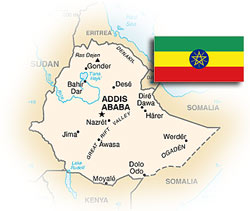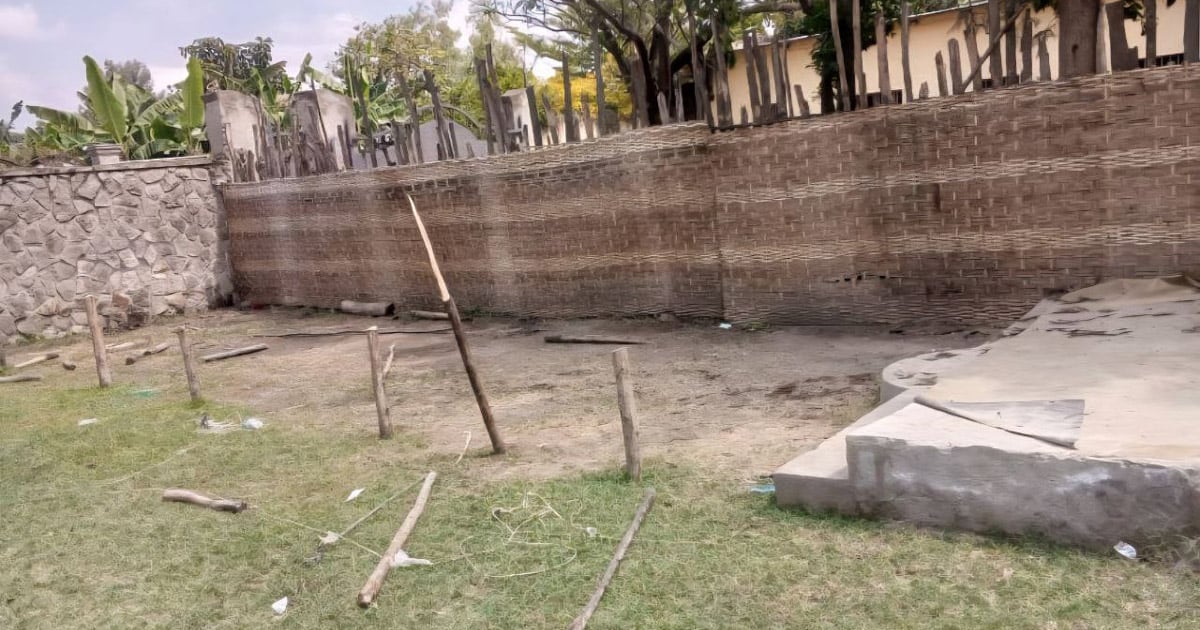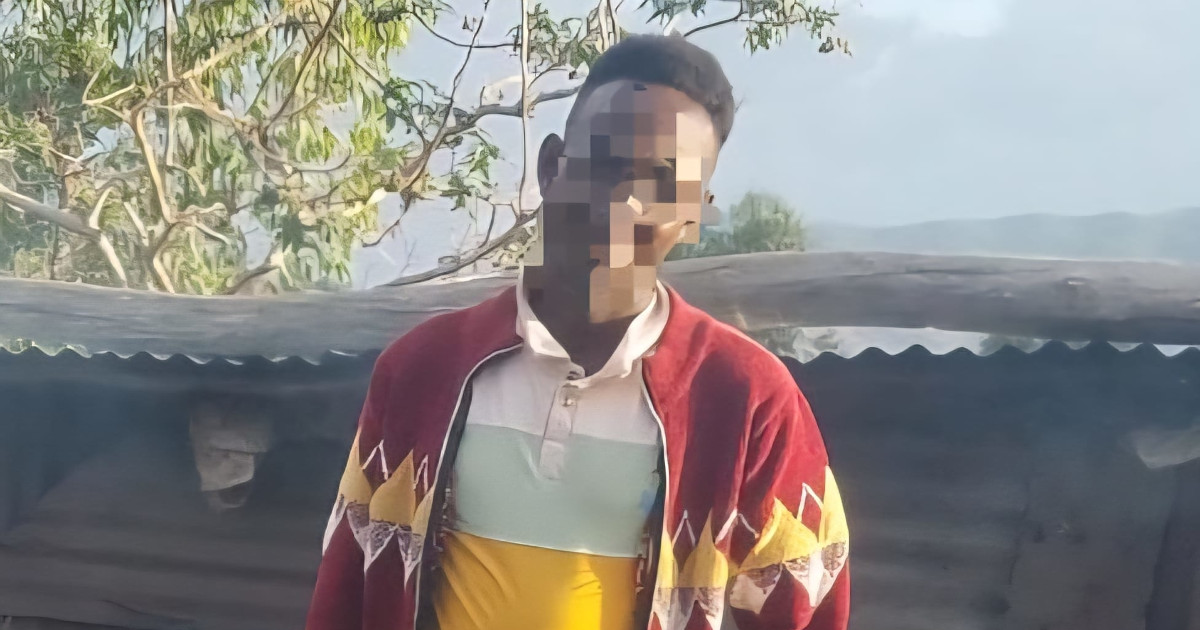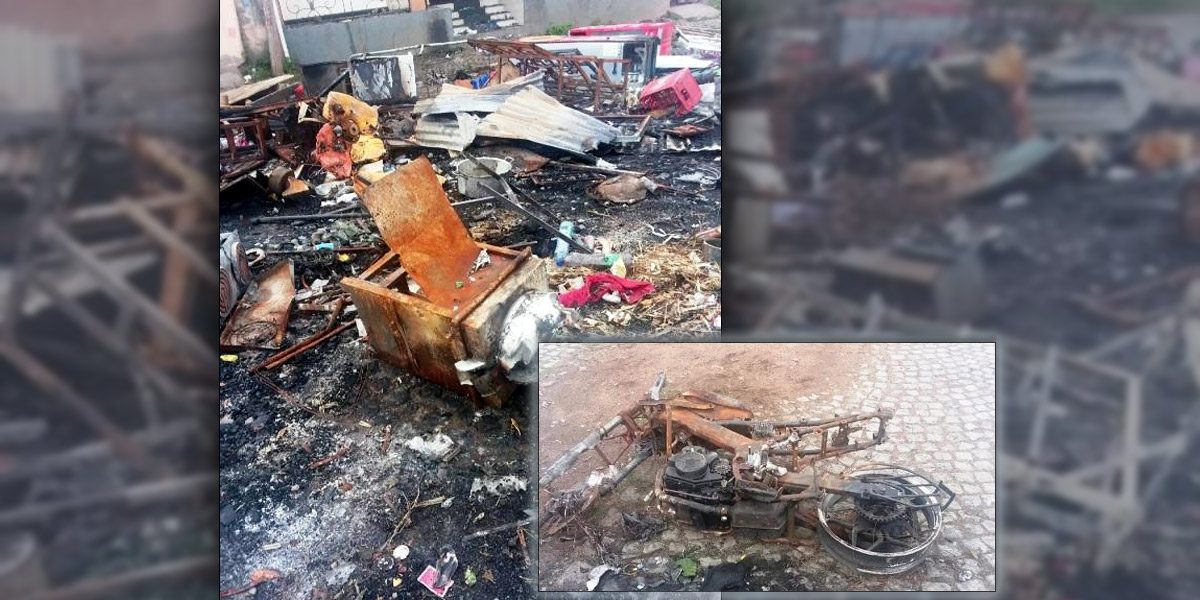 VOMC sources in Ethiopia returned from the Kemisse region 350 km northeast of Addis Ababa on April 4 after investigating reports of churches being burned on March 21 (click here to read the story).
VOMC sources in Ethiopia returned from the Kemisse region 350 km northeast of Addis Ababa on April 4 after investigating reports of churches being burned on March 21 (click here to read the story).
According to Christians in the area, authorities had been aware of rising tensions against evangelicals for the past month. Weapons had been found in homes but were ignored. During the attacks, it is reported that local police provided an accelerant used to burn the churches and urged the attackers to work quickly before federal police arrived to intervene.
Initial plans were to kill key Christian leaders and take the rest of the believers to the mosque to forcibly convert them to Islam. The army was able to intervene and prevented any deaths. However, local police have been arresting anyone accused of spreading the Gospel. Five church leaders are presently in custody: Bocka Abdeta Mekaneyesus, Tena Beyene, Abessa, Tesfaye Negga and Eressa Eyu. Ten others are being sought by police but have left the area or are in hiding.
Though federal authorities have intervened to stop violence, they are hesitant to get involved for fear of losing support. One church leader told VOMC, "Instead of dealing with the sources of the problem, the government is advising us to leave Kemmise and they believe this is the best alternative to resolve the tension."
Despite the violence and ongoing pressure against believers, all the local churches met for worship on Sunday, meeting in the mud since their buildings had been reduced to ashes.
Pray that the believers in the Kemisse region will remain strong in their faith and consistent in their testimony. Pray for the release of the church leaders who are in custody. Pray that authorities will be willing to protect those whose lives are threatened. Ask God to give His people much wisdom in dealing with the tensions.
For more information on Ethiopia and the persecution of Christians there, click here.

 Population
Population


